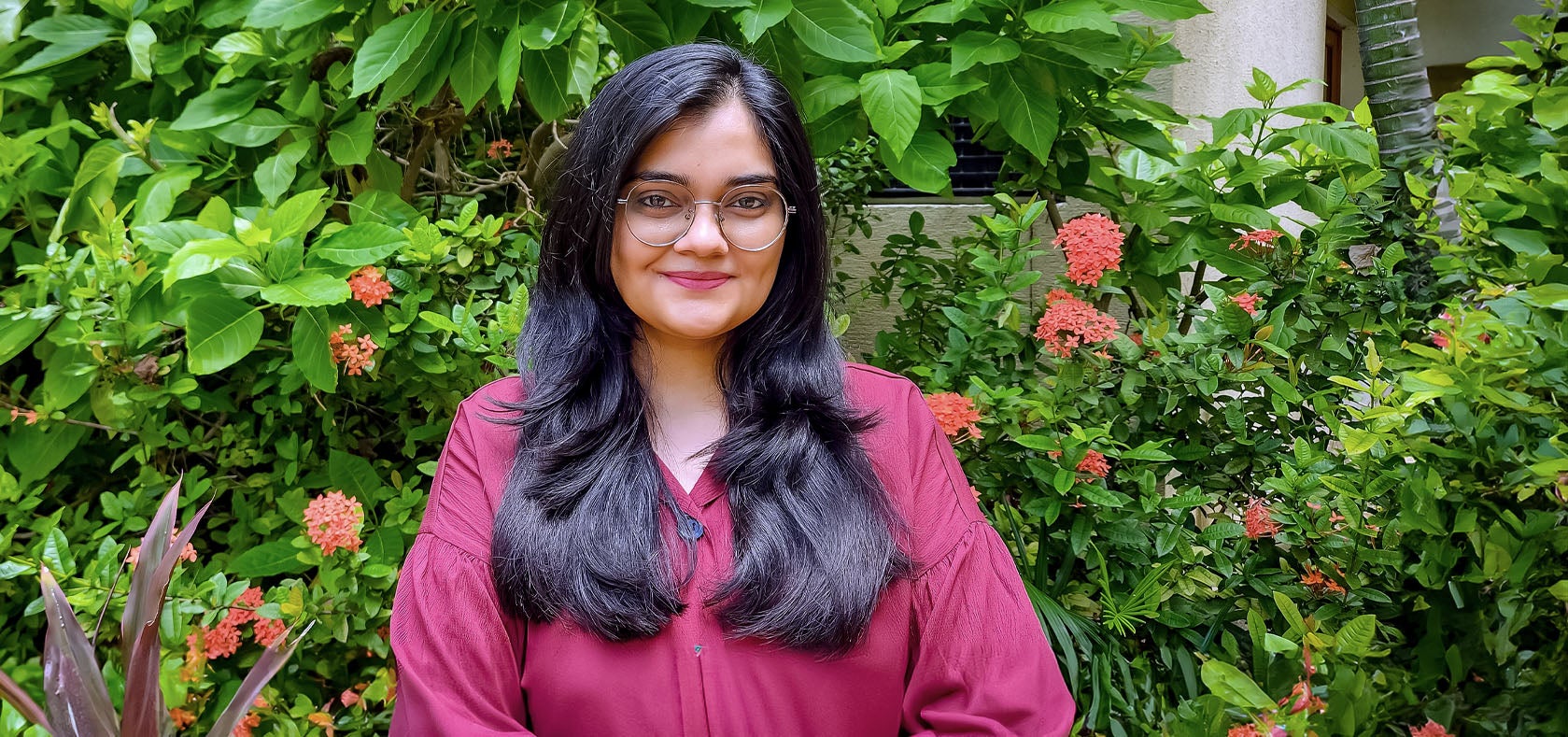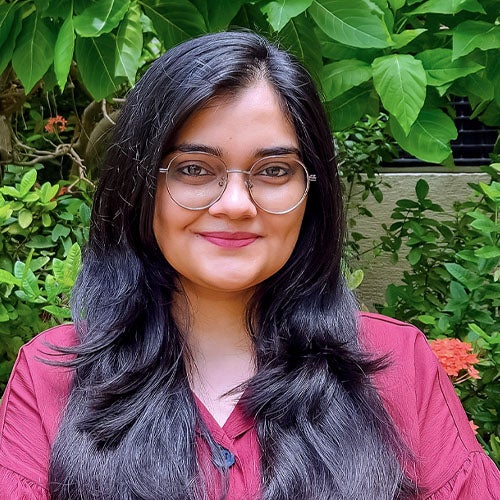Beijing+30 Youth Blog: Gender equality in the security forces in India
Date:
Author: Anu Dhull

The Beijing Declaration and Platform for Action (BPfA) will reach its thirtieth anniversary in 2025. Considered a significant milestone in spearheading the collective action towards gender equality, BPfA held an unprecedented scope and reach as 189 countries participated to reaffirm the implementation of the principles of other UN instruments and previous World Women Conferences.
The BPfA outlined 12 critical areas of concern and identified strategic objectives for each critical area as a guide for national governments, international institutions, and civil society. For this blog, I am referring to two of the critical areas of concern of BPfA: ‘Violence against Women’ and ‘Armed Conflict and Women.’ These areas constitute the basic conceptual framework of the women peace and security agenda. A significant milestone in pursuing the goals for these two critical areas of concern is the United Nations Security Council Resolution 1325 (UNSCR 1325) which traces its conceptual foundation from the BPfA in its call for equal participation of women at every level of a peace process.
The vision enshrined in both the BPfA and UNSCR 1325 depends on its implementation, as well as the commitment and actions of national governments, international institutions, and civil society. India is among the frontrunners in the implementation of UNSCR 1325 in terms of enhancing gender balance and, thus, gender equality in peace operations. One of the significant and unique contributions which India has made in this direction is deploying the world’s first all-female formed police unit (FFPU) in Liberia in 2007. From 2007 to 2016, the female contingents deployed on this mission earned global recognition and were commended by the President of Liberia, the host country, for their significant contributions to advancing gender equality in Liberia. Continuing these efforts, India deployed the second largest all-women military contingent in 2023 in Abyei (South Sudan). Apart from deploying women peacekeepers on the ground, India is also active in conducting pre deployment training for female military peacekeepers.
Contextualizing these developments within the framework of the BPfA, India is asserting its commitment to gender equality at international platforms, especially in conflict resolution. However, a few questions need to be asked referring to these developments: What are the reasons behind India's readily and promptly implementational advancements in sending women in uniformed roles on these missions? Is it reflective of India’s commitment to the norm of gender equality?
The ready deployment of women contingents reflects the composition of Indian paramilitary, military, and police forces. India was able to act instantly to the UN call for gender equality in peacekeeping forces. However, it could be argued that the gendered composition of the Indian forces (police, military, and paramilitary) serves as a reflection of the nation´s commitment to the norm of gender equality.
In India, the integration of women into the Indian security forces commenced in the 1980s, primarily as a response to the pressing circumstances necessitating their inclusion. The law-and-order situations of the 1980s, marked by an increased public presence of women and their active participation (sometimes in leadership roles) in socio-political movements, prompted the Indian state to recruit more women into the paramilitary forces. This recruitment aimed to enhance operational efficiency and provide women-specific law and order services to the female population. A notable example is the establishment of All Women Police Stations or Mahila Police Thanas. These measures were driven by practical needs to involve women in security roles, particularly in positions requiring community interaction. However, women officers were not eligible for permanent commissions and command posts in combat roles until 2020 with the Supreme Court’s ruling. This ruling faced resistance from within and without the military institutions in India, reflecting the prevalent stereotypes and gendered division of tasks within security institutions. The norms of gender balance and gender equality are co-dependent on the processes of gender mainstreaming and sensitization once women enter the workforce (security forces). Therefore, in my opinion, the journey toward fully integrating the norms of gender equality and women's empowerment within India's societal framework the norm localization of gender equality and empowerment of women in India still has a long way to go.
Biography:

Anu Dhull, 28, is a female, first-generation PhD scholar in International Relations at the Indian Institute of Technology, Madras. Her research focuses on Indian women uniformed peacekeepers deployed across conflict-affected areas.
Social media:  @anu_iitm
@anu_iitm  Anu Dhull
Anu Dhull  anu-d-85115a159
anu-d-85115a159